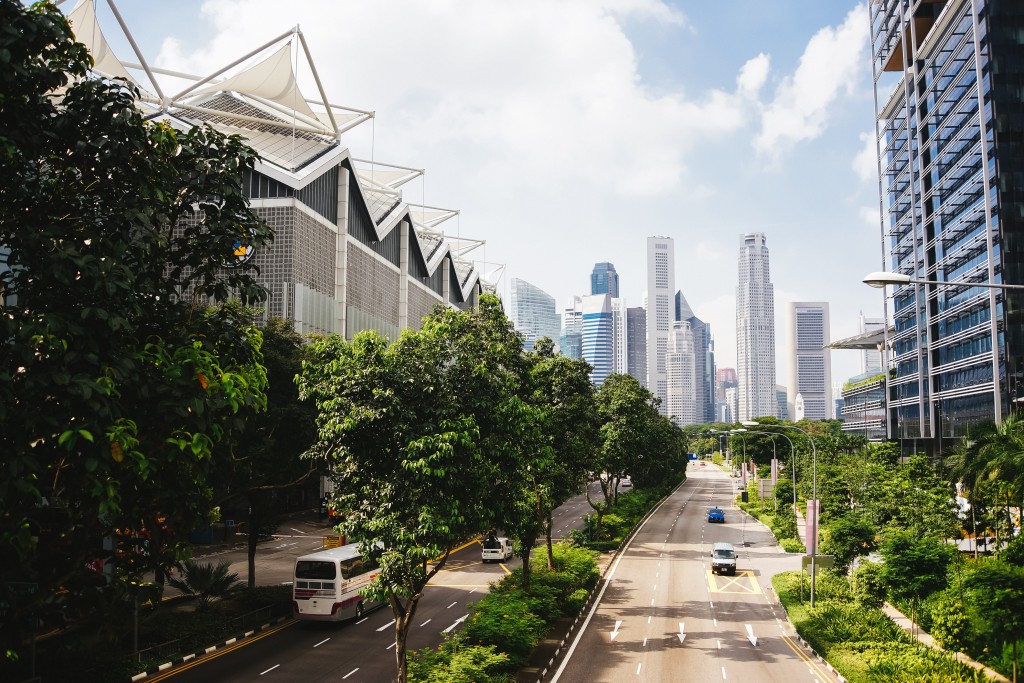True enough, the coronavirus pandemic didn’t leave anything untouched. Many people thought that staying indoors and not traveling around the world during the height of the outbreak helped the environment “clear its lungs.” It did not. While there is less pollution in the air because of reduced motor vehicles and the cancellation of thousands of flights, people began generating waste even beyond our wildest imagination.
Information Dissemination
The key here is to spread as much awareness as possible. One of the things that the government must do is to create a website to monitor the impact of the coronavirus on the environment. Using valuable web design and development services, local governments can teach members of the community about the proper segregation of their used masks and disposable PPE gowns. Aside from highlighting the need to dispose of these things properly, the website can also pinpoint the exact locations of waste management facilities that can handle medical waste.
People lack the knowledge to understand how this coronavirus can affect the environment. For now, their focus is on not contracting/transmitting it. They are also consumed by surviving the financial woes that they are facing. It is up to key government officials to make the general public understand their role in environmental protection. Their activities can help reduce the impact of the virus.
Medical Waste
Medical waste is already a huge problem for the environment. The pandemic exacerbated that problem because of the amount of medical waste hospitals, clinics, and even individuals generated during the height of the pandemic. There was even a time when health experts advised people to wear only disposable face masks. These types of masks are purportedly more effective at protecting people while they are out in public.
In Wuhan, China, where the virus originated, studies showed that an average of 240 tons of medical waste was produced daily in hospitals. This was six times higher than the normal amount of waste generated in the city. What are these medical waste? Surgical masks, single-use plastic packaging for medicines, gloves, and personal protective equipment (PPE) are medical waste.
Just a couple of months into the pandemic and a diver already spotted a surgical mask at the bottom of the ocean. That was the first time this kind of waste got far enough to reach the seabed. Tracey Read, the founder of the non-plastic organization called “Seas Without Plastic” in Hong Kong, lamented the use of surgical face masks. The mask uses polypropylene, a type of plastic that does not break down.
It is not the usage of these materials that is problematic. It is the way these are being disposed of. The disposal of medical waste is bad enough without the coronavirus. The outbreak and ensuing pandemic made it almost impossible to dispose of these things properly.

Deforestation and Other Illegal Activities
Environmentalists saw a 50% increase in deforestation activities of the Amazon rainforest. This is in Brazil where its president repeatedly refused to address the coronavirus. Operators got the cover that they need while the people suffer because of the virus. This is the same as the rest of illegal activities involving the environment.
The loss of income will force many to turn to illegal operations. Environmentalists observed this in South Africa. Poaching of bushmeat, rhino horn, and ivory is becoming rampant. These high-value products can tide people over the difficult times ahead. The global economy is plunging into a recession worse than post-World War II. It’s only a matter of time before people turn more to looting, poaching, littering, and deforestation for survival.
Emissions
There are two ways to look at how the coronavirus will impact carbon emissions. The first view is that behavioral changes will reduce emissions from transport. People are turning to teleworking and teleconferencing. They are working from home. This reduces the need for public transportation. They are less reliant on these gas-chugging and carbon-emitting vehicles.
On the other hand, people will also start to think about buying a personal car. They were okay sharing space with strangers until the pandemic happened. Now, they will start being reliant on single-occupancy cars. No more of those ride-sharing apps and public transport. Driven by the fear of contagion, people might risk increasing emissions to make their daily transport safer.
The world has been suffering due to the pandemic for close to eight months now. But as the rest of the world grapples with its effect, key officials must also start to consider what policies must be enforced to protect the environment. Environmentalists are urging governments to enact policies that will ensure sustainability and conservation. Pre- or post-pandemic, it has been a long time coming for governments to do their parts.

